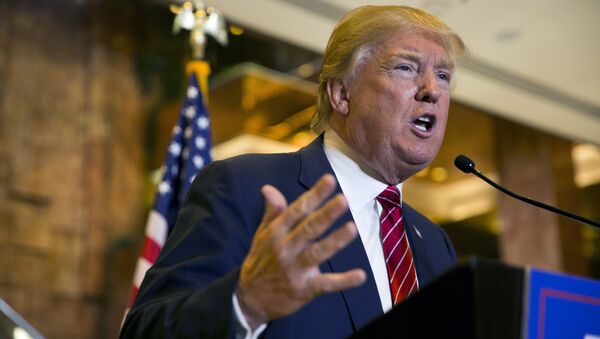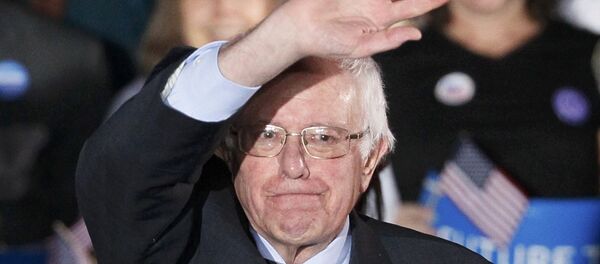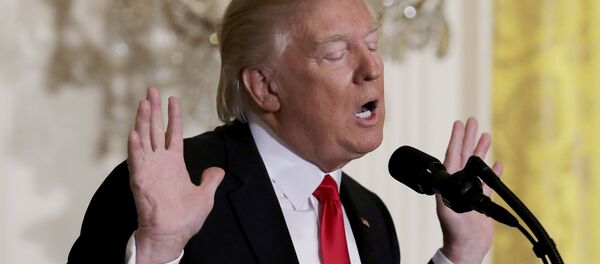The Trump administration has outlined its new tax proposal, which leans heavily on tax cuts. It has already drawn condemnation for being filled with giveaways to the ultrarich.
"It's kind of interesting to see how Trump was elected on this kind of anti-establishment basis," financial policy analyst Daniel Sankey told Radio Sputnik's Brian Becker. "He was even hated by GOP, his own party, it seemed, just as much as the Democrats at the time."
"And as a tax plan rolls out, it looks, actually, kind of traditional, sort of your typical neo-conservative, neo-liberal policy of massive tax cuts for the extremely wealthy, with little solutions or proposals for how gaps will be met."
"You don't have to be an economist or a mathematician to understand what a massive decrease that is. People have estimated that it is approximately $2.4 trillion over the next decade or so," Sankey told Loud & Clear, pointing out that the plan doesn't seem to have a solution for how to provide an alternative source of revenue.
Taxes make up a large portion of the national discretionary budget that goes to the US military, and Trump has said he will increase the military spending by $54 billion during the next year.
"What you are hearing from Trump and Steven Mnuchin… is that essentially the huge tax cut will pay for itself through economic growth… The reality is that we would need a sustained growth rate of approximately 5 percent to make up that 2.4 trillion, and we haven't had that sort of growth rate for a very long time, at least not in a sustained way," Sankey explained.
The analyst claimed that even if a record low tax rate helps stop offshoring of companies and brings those funds home, there will be no big growth in the number of jobs.
"What [companies] are probably going to do is use [the money] to prop up their stock price with big stock buybacks, to pay dividends out to their shareholders and essentially to just move those repatriated funds to top level executives and very wealthy investors," he said.
"What you're seeing is this total disconnect between what's happening on the financial side… and what's happening to the rest of US citizens in daily life… On one side you see record profits, record highs, masses speculation, and on the other side you just see stagnation."




